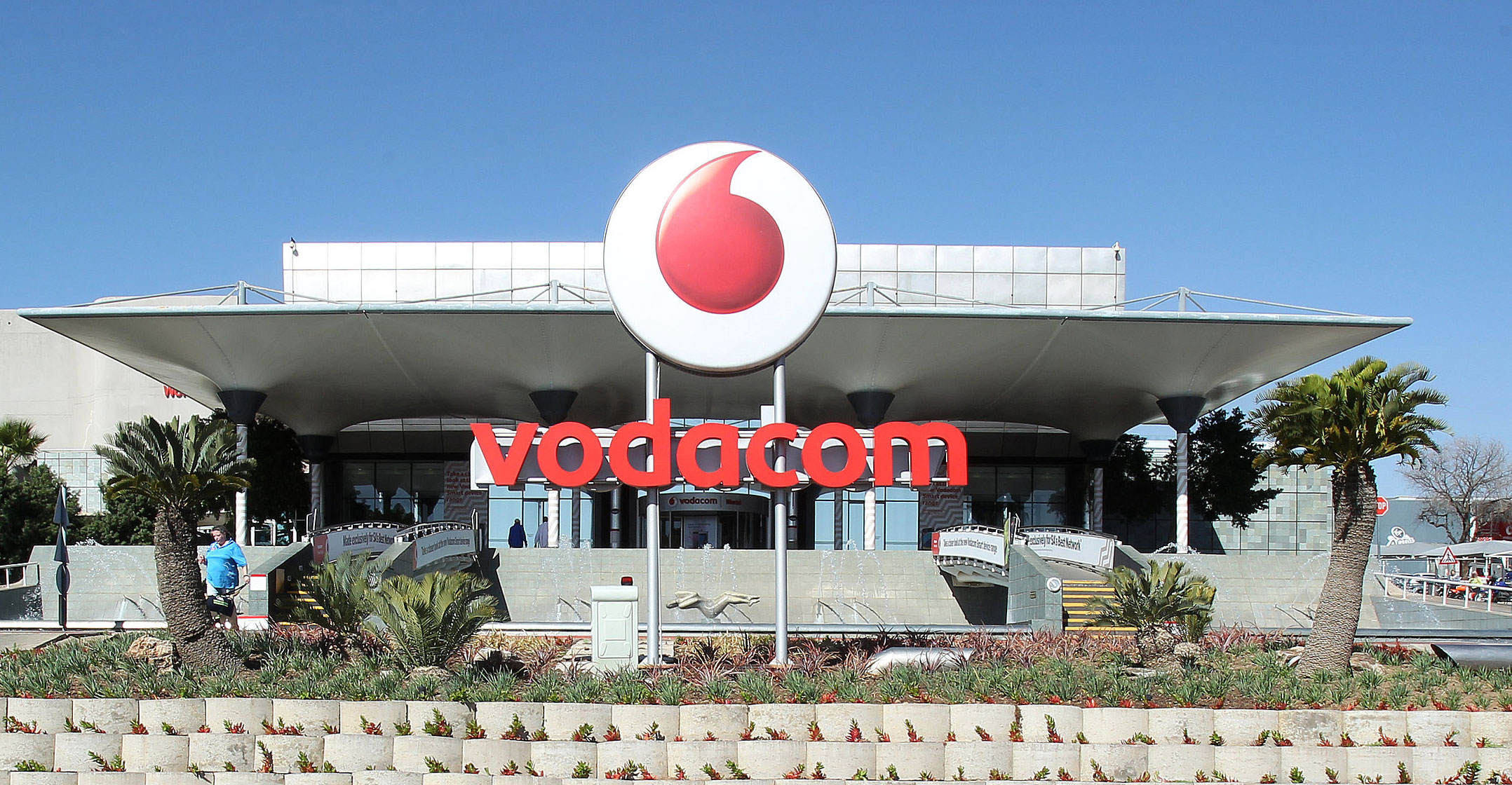 Despite continued rapid growth in demand for data by customers, Vodacom South Africa eked out a meagre 3.9% increase in data revenue in the 2019 financial year as price cuts and lower out-of-bundle tariffs impacted the top line.
Despite continued rapid growth in demand for data by customers, Vodacom South Africa eked out a meagre 3.9% increase in data revenue in the 2019 financial year as price cuts and lower out-of-bundle tariffs impacted the top line.
Data revenue in South Africa was R24.3-billion in the 12 months to 31 March 2019, contributing 43.5% to service revenue. During the year, the effective price per megabyte fell by 23.3%, driven by a 50% reduction in out-of-bundle data rates of 50% and the implementation of communications regulator Icasa’s new data regulations.
Data bundle purchases increased by 13.1% to 866 million, driven by more affordable data bundles with shorter validity periods.
“Overall data usage drivers were encouraging. Data traffic was up 35.6%. Active smart devices on the network were up 7.6% to 19.9 million, of which 10 million are 4G devices,” Vodacom said. “Average usage on these smart devices has improved 23.2% to 966MB.”
The company is now focused on finding ways of stimulating data consumption through its “platform strategy”. Take-up of its video play service is “encouraging”, with 869 000 active users on the platform, it said. “Our music platform, My Muze, is steadily gaining customers, and our gaming platform PlayInc. has now been launched.”
Overall South African service revenue grew by 2.1% “despite the implementation of deliberate pricing transformation and a low economic growth environment”.
Roaming transition
“Growth in the second half of the year was negatively impacted by the transition between national roaming partners (from Cell C to Telkom) and the change in call termination rates,” it said.
Vodacom grew its South African customer base by 3.7% to 43.2 million, with positive net additions of 1.5 million.
Contract customer revenue increased 0.6%, with contract customers increasing 8.9% to 5.8 million. “We are pleased with the acceleration of net customer additions during the fourth quarter in both the consumer and enterprise segments.”
Prepaid customer revenue increased 2%. Prepaid customer net additions were 1.1 million, with average revenue per user declining by 6.9%. Arpu declines are a result of new additions being attracted at a lower spend. “Our efforts to reduce the one-off use of Sim cards in the market are showing signs of success.”
 The financial services business contributed R1.6-billion of revenue, growing at 67.1% and delivering R1-billion in profit before tax. “Our insurance business continues to grow, adding more services such as life and funeral cover during the year. Total policies increased 38.1% to 1.3 million. Airtime Advance is now used by just under 10 million customers.”
The financial services business contributed R1.6-billion of revenue, growing at 67.1% and delivering R1-billion in profit before tax. “Our insurance business continues to grow, adding more services such as life and funeral cover during the year. Total policies increased 38.1% to 1.3 million. Airtime Advance is now used by just under 10 million customers.”
The enterprise segment delivered “good growth”, with service revenue up 4.8% to R14.7-billion. “Our fixed-line service revenue increased 24.7%, underpinned by solid growth in connectivity, cloud and hosting and IPVPN revenues. IoT connections continue to gain momentum with a 24.4% growth in customers to 4.5 million.”
South African earnings before interest, tax, depreciation and amortisation declined 1.3% to R27.7-billion, while the Ebitda margin of 38.9% contracted by 1.2 percentage points, partially as a result of the roaming agreement with Rain. “This affected margins by 0.7 percentage points as we continue to scale up on the roaming agreement and move cost of capacity from depreciation to direct expenses. Technology expenses increased 7.5% due to 8.1% more sites being deployed, and annual price escalations in lease, rental and energy expenses. This was slightly offset by our ‘fit for growth’ initiatives delivering savings in excess of R1.4-billion.”
Total capital expenditure in South Africa was R9.6-billion. —© 2019 NewsCentral Media




